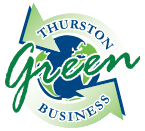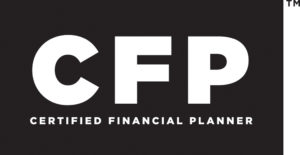A simple way to reduce your tax liability can be to change how you calculate your cost basis on holdings that you sell. When investing in a globally diversified portfolio and using best practices by rebalancing on a standard time frame, you will end up having certain assets with varying cost basis, and hopefully capital gains. This cost basis refers to the amount of principal that you initially or subsequently invested in the asset. The growth above that, when sold, is considered your capital gains. The capital gains is the amount that you typically have to pay tax on. In order to reduce this tax you may pick which tax lots (shares) to sell in order to pick the shares with a higher basis, therefore reducing your capital gains tax. Most custodians will automatically report the gains on your 1099 using the first in first out or “FIFO” method. This is not typically the most tax efficient strategy to use unless you have a specific loss that you want to offset with certain gains (this strategy is known as tax harvesting). The most efficient in general, and the method we set as a default for our clients, is highest cost.
For example: in 2009 you purchase 200 shares of ABC stock for $10/share and in 2012 you purchase 300 shares of ABC stock for $15/share. While doing a quarterly rebalance of your portfolio you sell 100 shares of ABC stock for $20/share. In using the FIFO method you would have a gain of $1,000 and assuming you were in the 15% capital gains tax rate, you would owe $150 in tax. But if you selected the highest cost method then you would have a gain of $500 and owe $75 in tax. As you can see, the highest cost method keeps the current tax liability as low as possible, and if used long enough over a lifetime may let your heirs get a step-up in basis at death in which case no one has to pay tax on the larger gains. But that is a whole other topic about estate planning that we can cover in other writings. In the most recent tax overhaul this method was on the chopping block but got removed at the last minute, so make sure you take advantage of it while you can.





